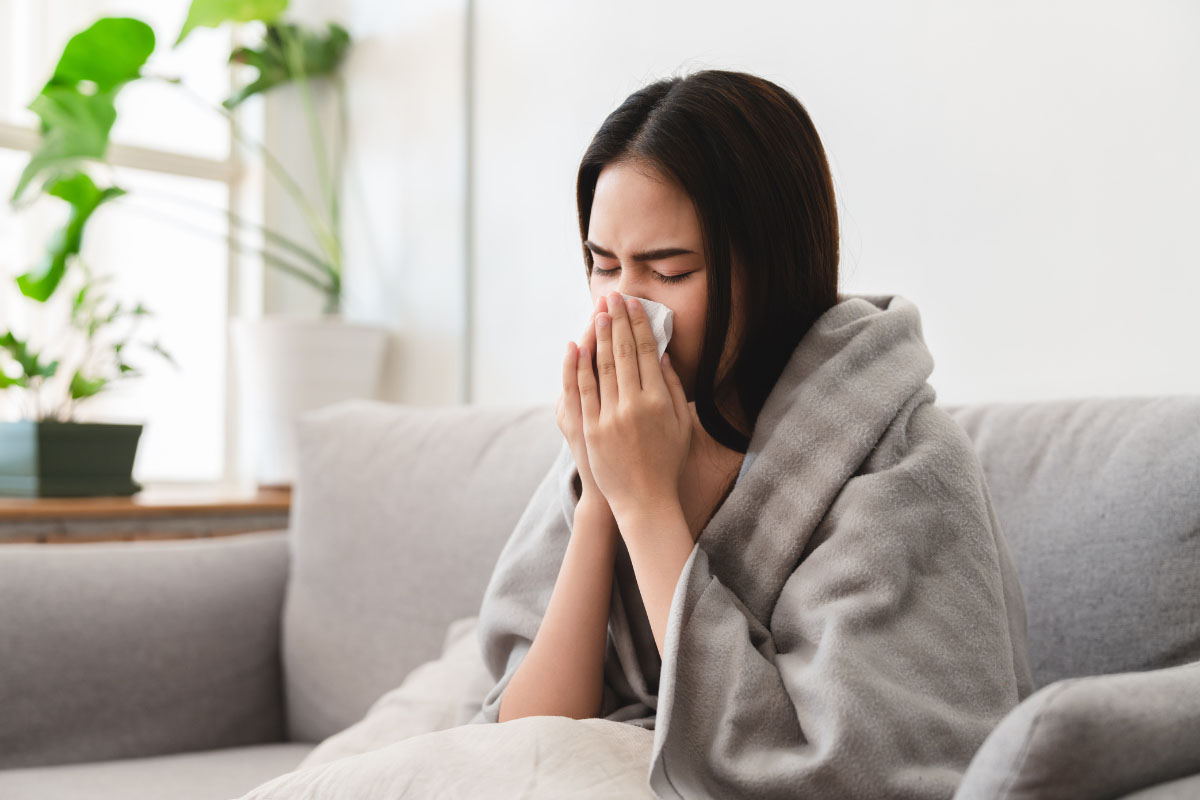Tis the season for the flu. Fever, chills, body aches, sore throat, headache, and that’s not even the worst-case scenario.
That’s the bad news, but the good news is that these are modern times, with modern remedies. You don’t have to suffer. And if you are exposed to someone who is suffering, you can prevent yourself from “going down.” Before you turn to Dr.Google, here are answers to common questions about the flu from one of our doctors.
1. Should I get a flu shot?
If you haven’t already been vaccinated, it’s not too late to get the flu shot. It’s safe, it works, and it’s really important – not just for you, but for those around you (such as infants and the elderly).
2. What precautions can I take?
When it comes to preventing the flu, there are certain everyday actions you can take to prevent sickness in general. They include:
- Washing your hands often with soap and water.
- Making sure to avoid touching your eyes, nose and mouth.
- Cleaning and disinfecting highly touched surfaces
3. What should I do if I get the flu?
At the first sign of a fever, body aches, headache, body aches… it might be the flu. Here’s what you should do.
- Talk to a doctor! If your flu is diagnosed within 48 hours, it can often be treated with antiviral medications (like Tamiflu®), which can lessen the severity and length of illness. A doctor can also help to rule out any other viruses, like COVID-19.
- Stay home to rest and prevent spreading the flu.
- If you leave home, bring hand sanitizer. Use it frequently. Offer it to others.
- Cover your mouth when you cough and sneeze.
- Drink fluids, rest, and use over-the-counter fever reducers (NOT Aspirin) and pain relievers. Here’s more from the CDC on preventing and treating the flu.
4. What if someone around me has the flu?
Request a visit! Often, you can prevent the flu from developing with antiviral medications (like Tamiflu®) ahead of time. Our doctors can help determine the best course of action to keep you healthy.
5. How can I tell if I have the flu or COVID-19?
The short answer is that you won’t be able to tell what you have based on symptoms alone. If you are able, it’s a good idea to take a COVID-19 test before talking to your First Stop Health doctor. If you test positive, your doctor may be able to prescribe antiviral medication such as Paxlovid for COVID-19. If you test negative, know that false negatives can occur. In this case, your doctor can help you evaluate for the flu or other viral illnesses and determine next steps. (If you do not have access to tests, don’t worry — our doctors can still help you!)
Talk to a Doctor
Flu Season is Here. So Is Help.First Stop Health, our telemedicine service available to Alliance health plan participants, provides 24/7 virtual treatment and care from U.S.-based and licensed physicians for a variety of health concerns. From the flu to a bug bite, First Stop Health is just a click away, saves participants health-care dollars, and provides top-notch service. They believe access to health-care should be convenient, affordable, and transparent.
First Stop Health telemedicine, our doctors are here to provide convenient, compassionate care. Log in or get the app to talk to a doctor in minutes. Request A Visit






